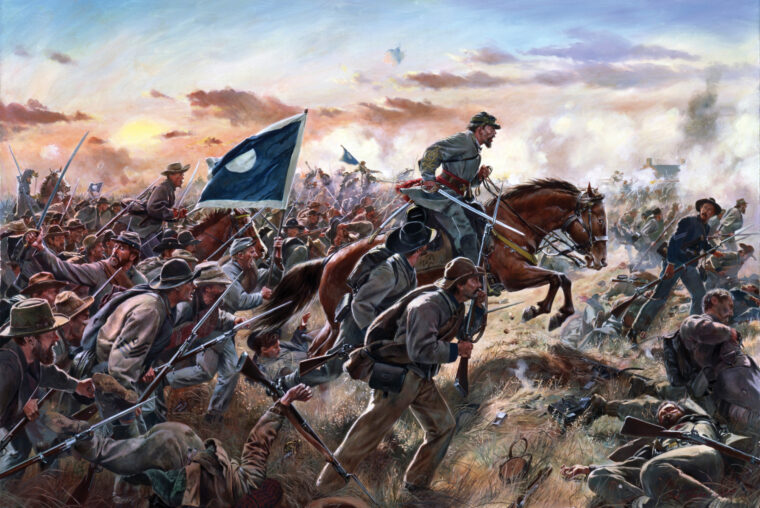
patrick cleburne
“Let Us Die Like Men”
By Mike PhiferMajor General Patrick Ronayne Cleburne rose to his feet in the early afternoon of November 30, 1864, when he saw the courier galloping toward him. Read more

patrick cleburne
Major General Patrick Ronayne Cleburne rose to his feet in the early afternoon of November 30, 1864, when he saw the courier galloping toward him. Read more
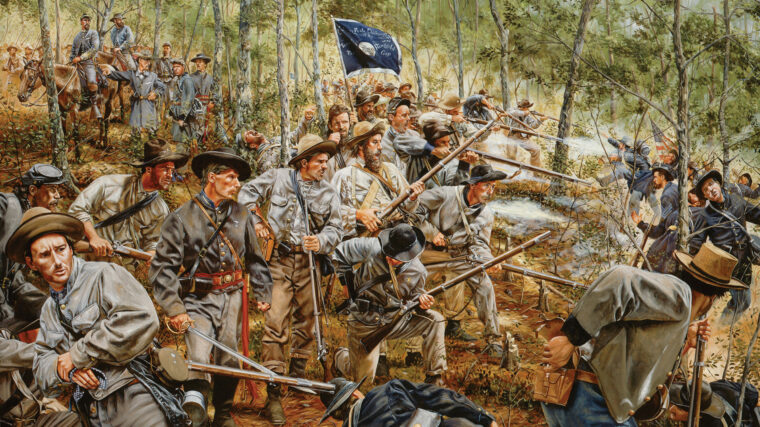
patrick cleburne
Peering through the thick underbrush west of Little Pumpkin Vine Creek, 30 miles northwest of Atlanta, on the afternoon of May 27, 1864, Ambrose Bierce had a bad feeling. Read more
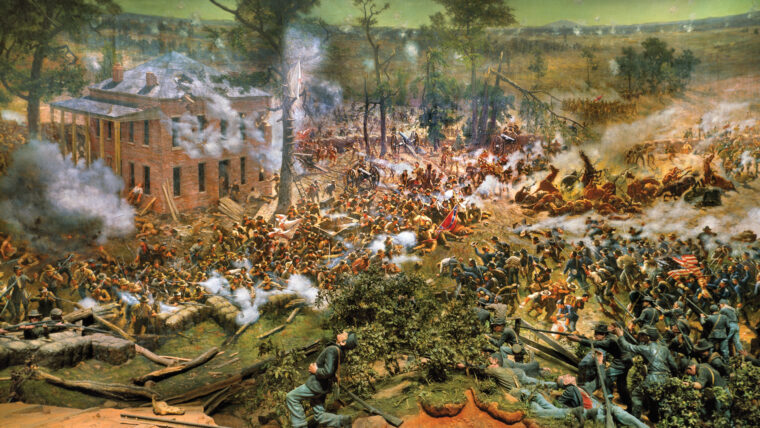
patrick cleburne
The guide shook uncontrollably when the gray-clad general pointed his pistol at him in the backwoods of central Georgia on the evening of July 21, 1864. Read more
patrick cleburne
Mr. Morris is the author of seven well-received books on 19th Century American history and literature. He has served as a consultant for A&E, the History Channel, and edited a three-book series for Purdue University Press on American Civil War and post-Civil War history, journalism and literature. Read more
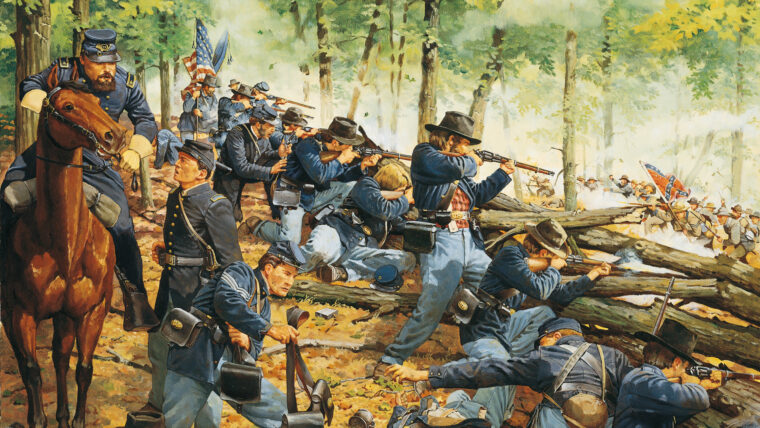
patrick cleburne
It was nearly 11 on the morning of September 20, 1863, and the woods around slow-moving Chickamauga Creek in northwest Georgia were ominously quiet. Read more
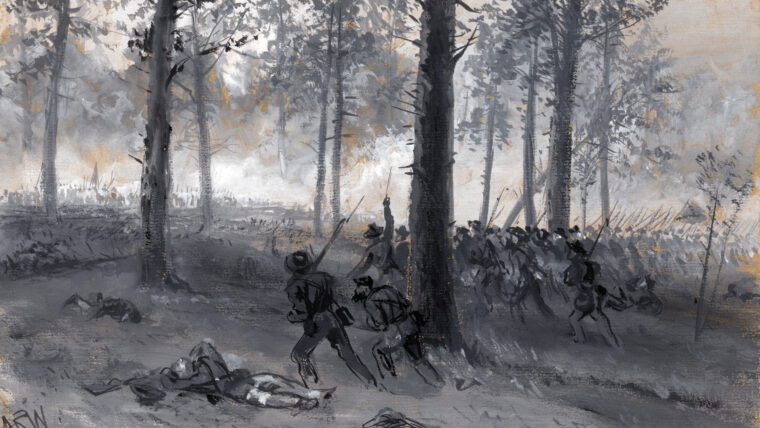
patrick cleburne
Seemingly from birth, William Haines Lytle was bound for glory. As the last surviving male offspring of one of Cincinnati’s leading pioneer families, Lytle was the prototypical golden boy. Read more
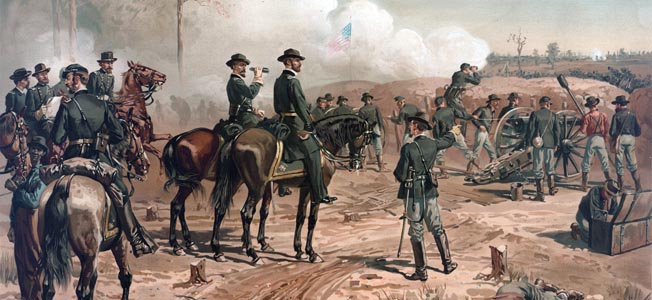
patrick cleburne
On September 3, 1864, a triumphant Maj. Gen. William Tecumseh Sherman telegraphed Washington, “Atlanta is ours and fairly won.” Read more
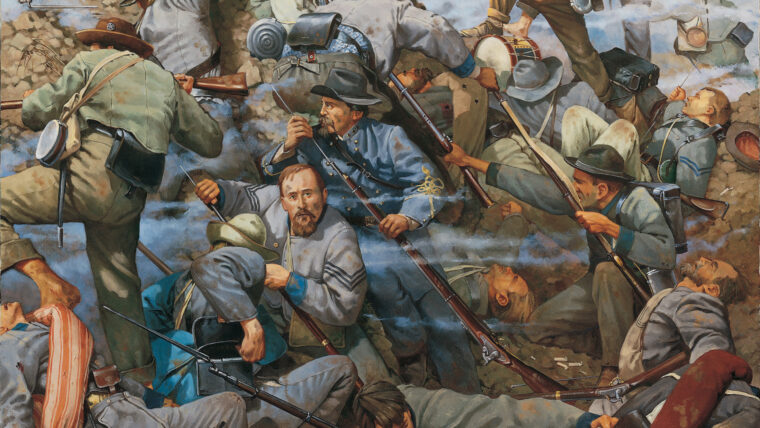
patrick cleburne
On the morning of November 30, 1864, Fountain Branch Carter, a 67-year-old farmer, planter, and Confederate sympathizer, watched as his front yard in Franklin, Tennessee, filled up with Union soldiers pitching tents and starting campfires. Read more